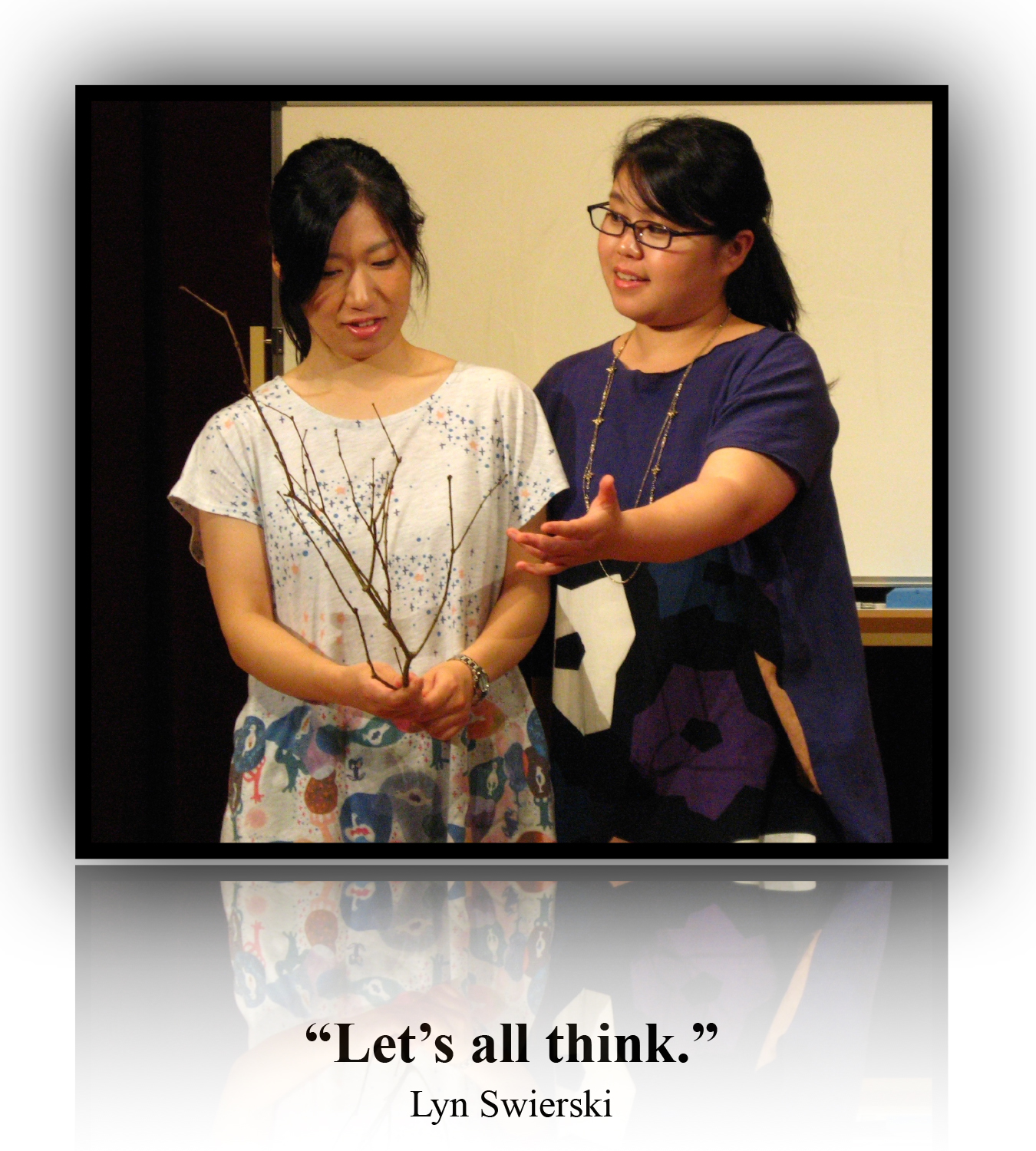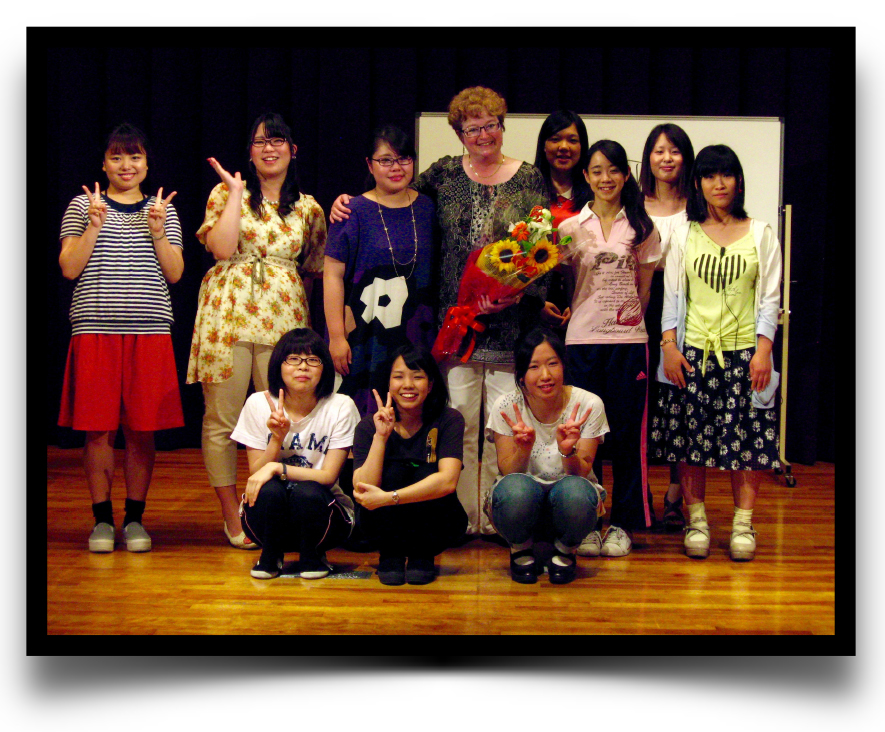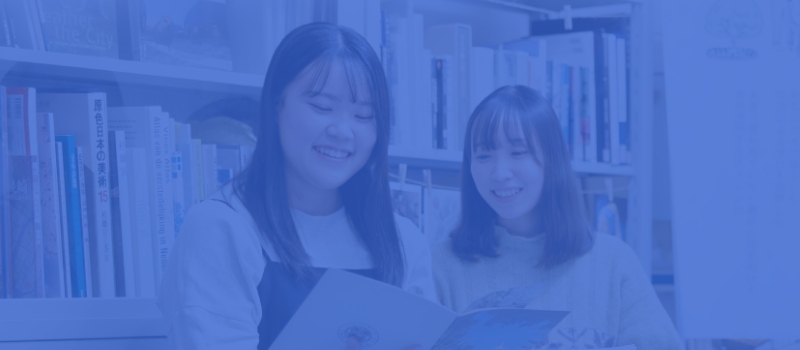
In July of this year, The English Drama Club at Seishin University put on a play called "Professor George." The story takes place on the first day of a new school year in the classroom of a teacher who tries to shake her students out of their usual passive attitudes. Professor George's teaching style makes the students uncomfortable, because she demands that they take responsibility for what they think and say. She says that in a regular class, the teacher stands at the front of the room and tells the students what to think, and then in a test, the students repeat it back to the teacher. "Teach, repeat. Teach, repeat. Sound familiar?"
But Professor George tells them that her class will be different. She wants them to think for themselves, and to express themselves honestly, outside the usual boundaries. She tells the students that they shouldn't just accept what they hear; they should ask questions and challenge what they are told. She pushes them in ways that the students aren't used to, in order to get a reaction out of them, something closer to truth. Within the first five minutes of the class, two students quit, unwilling to participate in an unfamiliar style. The students who stay are made to stretch themselves in ways that surprise themselves and each other, and all of them come away with something they didn't expect when the class began: the possibility of discovering something new within themselves , because of the efforts they have made.
These days, when I ask challenging questions to my students, the most common response from many of them is, "Oh, it's difficult!" And my response to that is always the same: "GOOD! It should be difficult! That's why you're here: to THINK and to GROW, so try it!" We teachers are not here to tell you what to think, and to give you the answers. We are here to make you think for yourselves, and to help you find the answers. That's what learning is all about.
So, let's all think.
 The English Drama Club , 2015
(Photos courtesy of Kate Bowes, July 2015. Actors, in the 2nd picture, from left to right: Ayaka Hayashi, Mayu Tanaka, Nana Chihara, Mana Nitani, and Azusa Kimura.)
The English Drama Club , 2015
(Photos courtesy of Kate Bowes, July 2015. Actors, in the 2nd picture, from left to right: Ayaka Hayashi, Mayu Tanaka, Nana Chihara, Mana Nitani, and Azusa Kimura.)



